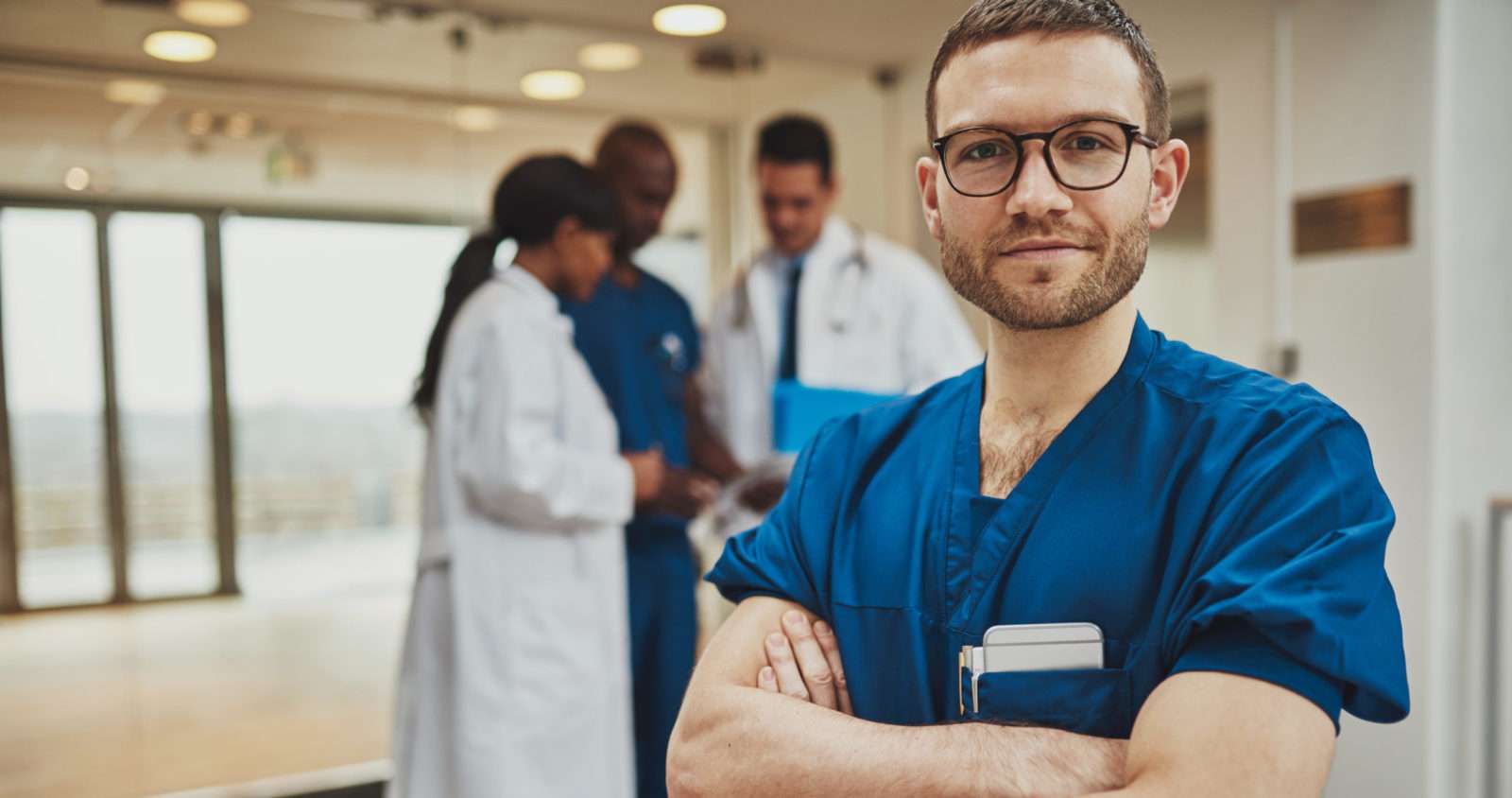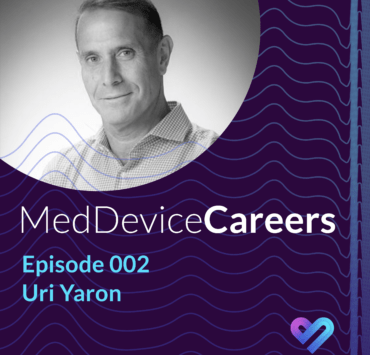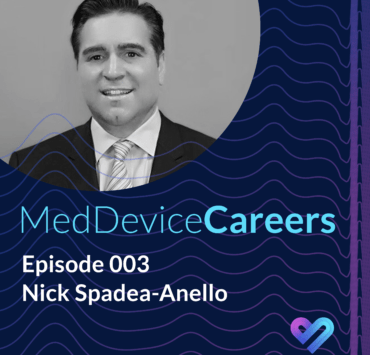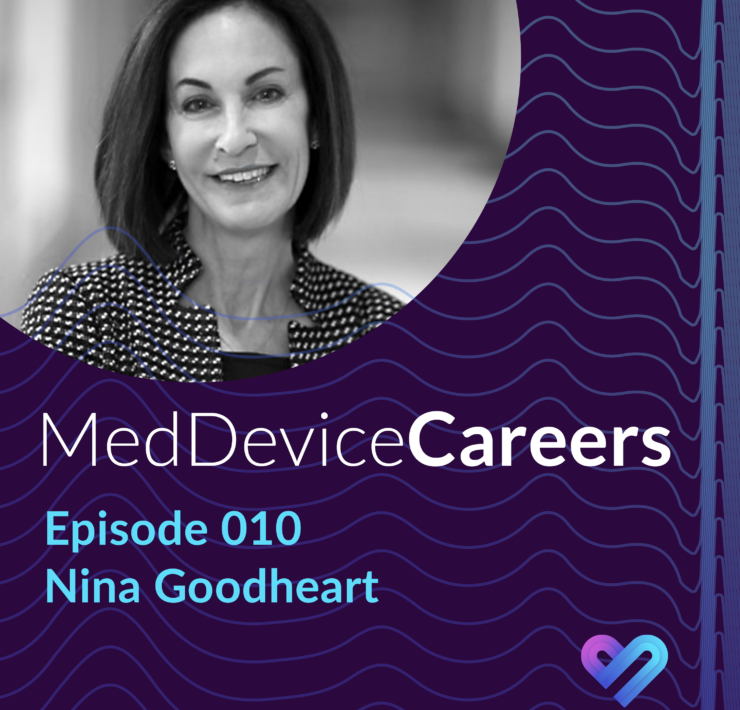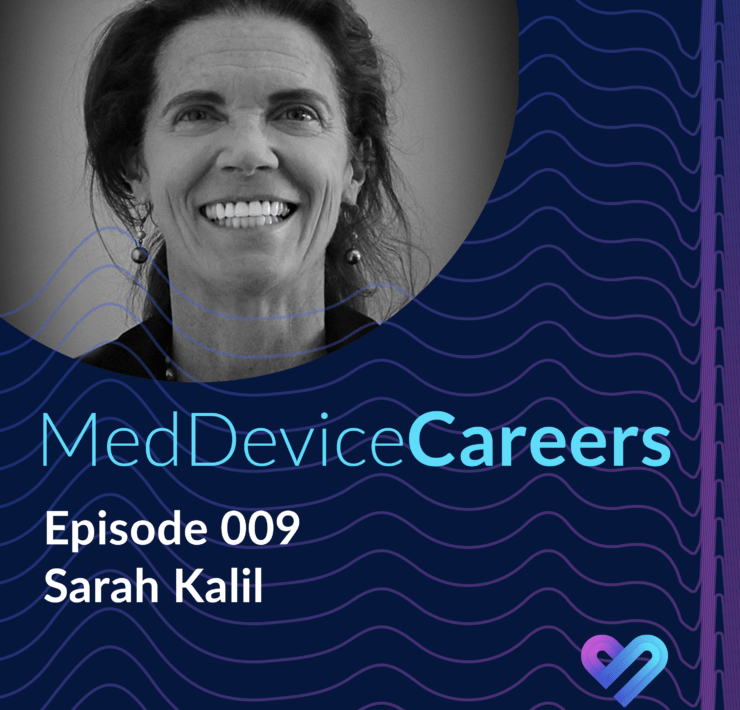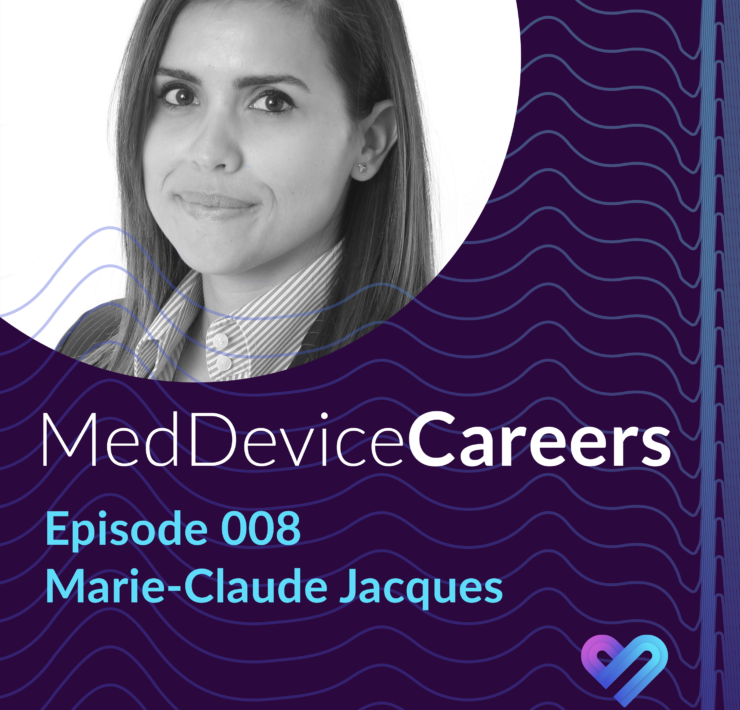How is the Cardiac Clinical Specialist role different from other medical specialities?
The medical device industry is one of the most stable and fast-growing industries in the world. In 2019, the global medical device market reached a value of nearly $457B. COVID-19 reinforced to everyone the importance of medical devices and technological solutions in healthcare. Today, there are thousands of global medical device companies manufacturing and distributing life saving devices!
While there are many direct-to-consumer devices such as thermometers, BP machines, blood sugar machines, etc., there are a greater number of B2B devices such as implantable pacemakers and ICDs, CT Scanning equipment, orthopedic devices, surgical devices, etc. In order to support such complex and many times highly technical and engineered devices, there is a strong need for sales and clinical support professionals who can collaborate closely with the healthcare professionals. For the same reason, a clinical specialist which is an entry level role needs a strong clinical and technical expertise in order to succeed at this job.
While clinical specialist roles exist in many segments within the medical device space, there are few segments where the clinical specialist plays a highly critical role throughout the continuum of care. For example, a clinical specialist supporting implantable orthopedic or surgical devices is typically in the procedure room as an expert representing the medical device manufacturer. This individual ensures that the products are available for the procedure and provides expertise on these devices when requested. Once the implantation is completed, he moves on to the next procedure and the individual has limited interaction with the patient. This is a challenging role as oftentimes, this individual is supporting more than one procedure simultaneously with the main goal being ensuring product availability and addressing physician and staff’s questions and/or concerns.
Now, let’s take a deep dive at the responsibilities of a cardiac clinical specialist supporting a pacemaker or an ICD implantation. These individuals cannot support more than one procedure simultaneously, as they have critical responsibilities inside the cath lab unlike clinical specialists in some of the other segments described earlier. Besides ensuring product availability and addressing physician’s questions, this individual is performing diagnostic tests when the devices are being implanted. Since pacemakers and ICDs are electronic devices, they last for a long time inside the patient and the patient needs to be checked on an ongoing basis. Hence, the device clinical specialist interacts with the patients on an ongoing basis and is there supporting the product throughout the continuum of care. Considering that the specialist has a lot of clinical and technical responsibilities, the job tends to be highly satisfying especially as the clinical specialists get to see the end result. Patients consider them as a part of the care team that’s directly interacting with them.
Being the product and device experts, clinical specialists are actively involved in training and education within most if not all segments of the medical device industry. In summary, while the medical device industry offers tremendous career and growth opportunities to the clinical specialists, cardiology specifically offers ability to provide hands-on expertise while implanting life saving devices and directly interacting with patients throughout the continuum of care.


